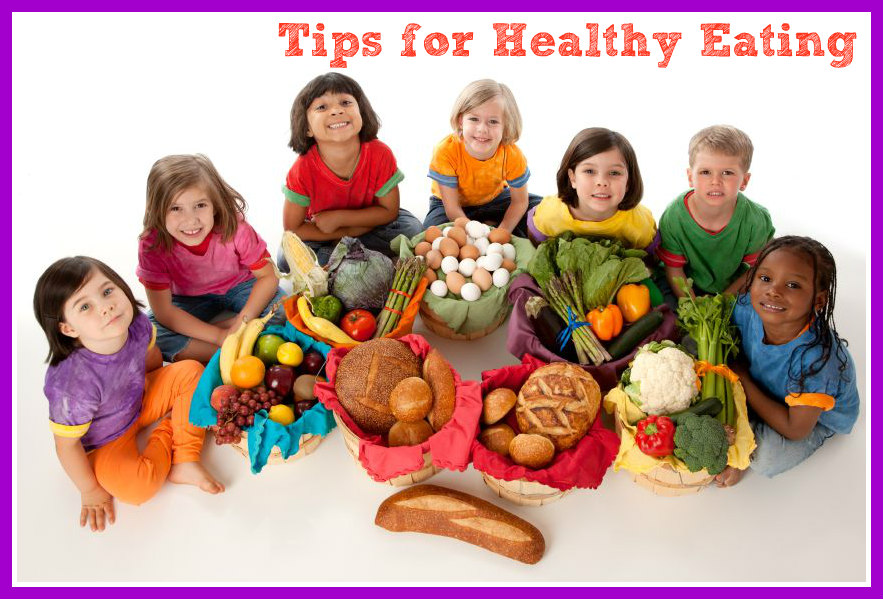
Teenagers have a lot to do. Teenagers tend to place more importance on dating and socializing than on basic health and nutrition. These are vital to their mental and physical health. Here are some healthy living tips that teens can use to help reach these goals. Make sure your teenager gets enough sleep and has time to socialize with their friends. Healthy living tips are important for teenagers to help them feel good and avoid developing unhealthy habits.
Limit screen time at no more than two hours per day
Many parents are urged to limit how much time their teenagers spend on screens. You should consider many factors when making such an important decision. Aside from age and activity level it is also important for parents to assess whether their children are using screens in a way that is detrimental to their academic and social development. In 2016, American Academy of Pediatrics revised its guidelines for screen time. They recommend that children and adolescents watch no more than two hours of TV or other forms of screen time per day.
Maintain a strong social network
The importance of keeping a close eye on your teen's social networks should be part of your daily parenting routine. Monitor your teen's social networks and ensure you are the friend they first add. This will help you build a relationship and inform your teen about potential dangers. Teenagers should not share personal information via social media, particularly if it is about them.

Get enough sleep
Teens often feel like they don't get enough sleep. Teenagers need more sleep as their bodies grow rapidly. They also need to unwind. Here are some tips to help your teenager sleep eight hours a night. Teenagers should try to get up at about the same time each day to minimize dramatic schedule shifts. However, if you are unable to get your teenager to wake up on time, you may want to give them some time on the weekend.
Consume fresh foods
Teenagers should have at least 3 meals per day. Avoid diet foods which require you to cut out whole food groups. Fad diets tend to lack proper nutrition. Teens could become deficient in vitamins, minerals, and other nutrients. To keep your teen on the right track, model a healthy lifestyle. You should eat plenty of fruits and vegetables, and avoid sugary drinks. Avoid snacking in the late hours and make fresh fruit or vegetables your mainstay.
Keep hydrated
Keeping hydrated is essential for your child's health and well-being, and a good habit to teach them at an early age. Drinking plenty of water is not only good for their overall well-being, but also helps keep them alert and irritable. Drinking cool drinks like water or sports drinks is refreshing, especially when it's hot. You can keep them hydrated with water readily available and frequent breaks.

FAQ
How can I get enough vitamins
The majority of your daily needs can be met through diet alone. Supplements are available if you are deficient. A multivitamin supplement can provide all the vitamins you require. You can also buy individual vitamins in your local drugstore.
Talk to your doctor if you have concerns about your nutritional intake. The best sources of vitamins K, E, and C are found in dark green leafy veggies such as spinach and broccoli, kale.
If you are not sure how much vitamin you should be consuming, ask your doctor. The doctor will determine the proper dosage based upon your medical history as well as your current health.
What's the best diet?
There are many factors that influence the best diet, including your gender, age, weight, health condition, lifestyle, and personal preferences. You also need to consider how much energy you expend during exercise, whether you prefer low-calorie foods, and if you enjoy eating fruits and vegetables.
Intermittent fasting is a good option if you're trying to lose weight. Intermittent Fasting means that you eat only specific meals throughout your day and not three large meals. This may be a better option than traditional diets with daily calorie counts.
Intermittent fasting is believed to increase insulin sensitivity. It may also reduce inflammation. This may lead to a decrease in diabetes risk and blood sugar levels. Intermittent fasting has been shown to promote fat loss as well as improve overall body composition.
What is the difference in a virus and bacteria?
A virus is a microscopic organism which cannot reproduce outside of its host cell. A bacterium is an organism that splits itself in two. Viruses have a very small size (about 20 nanometers), while bacteria is larger (up to one micron).
Viruses spread easily through contact with infected bodily tissues, such as saliva and urine, semen, vaginal secretions or pus. Bacteria can be spread by direct contact with infected objects and surfaces.
Viruses may enter the body through cuts, scrapes. bites, or any other break in the skin. They can also be transmitted through the eyes, nose, mouth, ears, rectum, and anus.
Bacteria can enter our bodies through wounds, cuts, scrapes, burns, insect stings, or other breaks in our skin. They may also be introduced into our bodies through food and water as well as soil, dirt, dust, and animals.
Both bacteria and viruses can cause illness. But viruses do not have the ability to multiply within their hosts. They only cause disease when they infect living tissue.
Bacteria can grow in their hosts and cause disease. They can spread to other parts of our bodies. To kill them, we must use antibiotics.
Get immune enhancement with herbs and supplements
Herbs and natural remedies can be used to boost immune function. Ginger, garlic, ginger, echinacea and ginkgo biloba are some of the most common.
These herbal remedies are not meant to replace medical treatment. These herbal remedies can cause nausea, vomiting, stomach cramps or dizziness.
Statistics
- In both adults and children, the intake of free sugars should be reduced to less than 10% of total energy intake. (who.int)
- Extra virgin olive oil may benefit heart health, as people who consume it have a lower risk for dying from heart attacks and strokes according to some evidence (57Trusted Source (healthline.com)
- WHO recommends reducing saturated fats to less than 10% of total energy intake; reducing trans-fats to less than 1% of total energy intake; and replacing both saturated fats and trans-fats to unsaturated fats. (who.int)
- nutrients.[17]X Research sourceWhole grains to try include: 100% whole wheat pasta and bread, brown rice, whole grain oats, farro, millet, quinoa, and barley. (wikihow.com)
External Links
How To
How to live a healthy lifestyle
A healthy lifestyle is one where you are able to maintain your weight, your health and your fitness level. It is a lifestyle that emphasizes healthy living. This includes exercising regularly, eating well, avoiding alcohol, smoking, tobacco, and drug abuse. A healthy lifestyle can help you feel confident and fit. A healthy lifestyle can help reduce your risk of developing chronic diseases such as heart disease, strokes, diabetes, cancer and osteoporosis.
The goal of this project is to give a step by step guide on how to live healthier lives. The introduction was the first section of the project. It explains the importance of a healthy lifestyle, how it can be achieved, and who you are. The body paragraphs contain tips on how to maintain a healthy lifestyle. The conclusion summarizes the article and offers additional resources if necessary.
I was able to learn how concisely and clearly I could write my paragraphs through this assignment. I also learned how to organize my thoughts into topic sentences, and the supporting details. My research skills were also improved as I had to search for specific sources and properly cite them. Lastly, I gained knowledge on how to use proper grammar when writing.